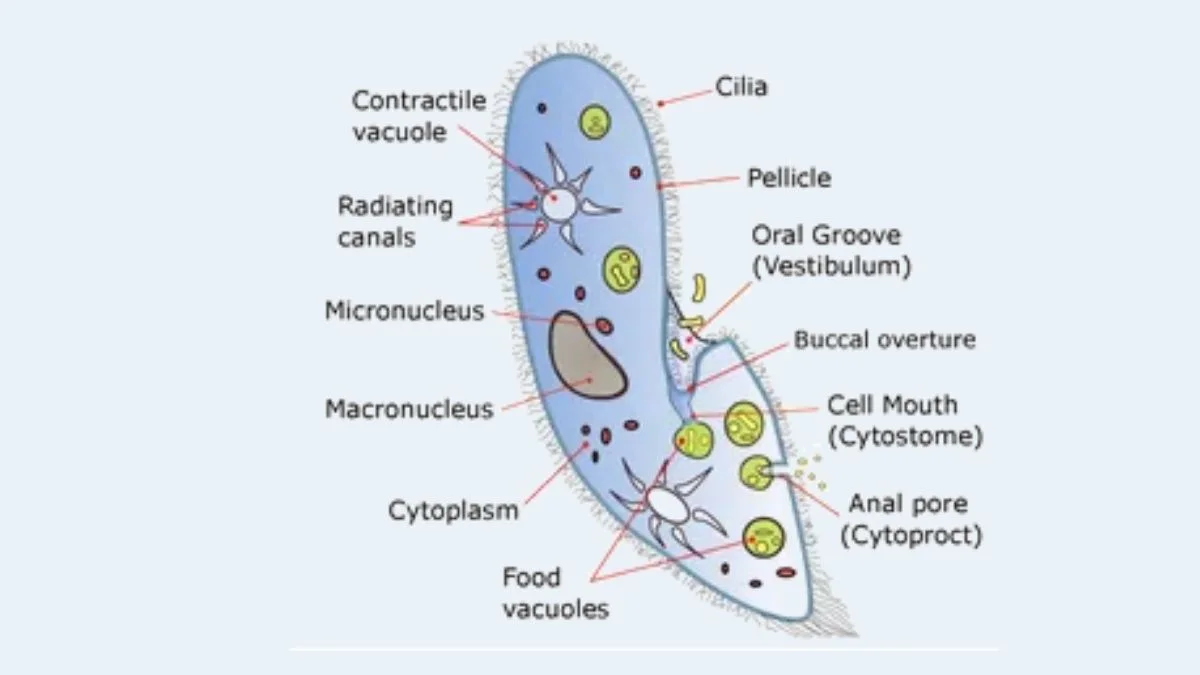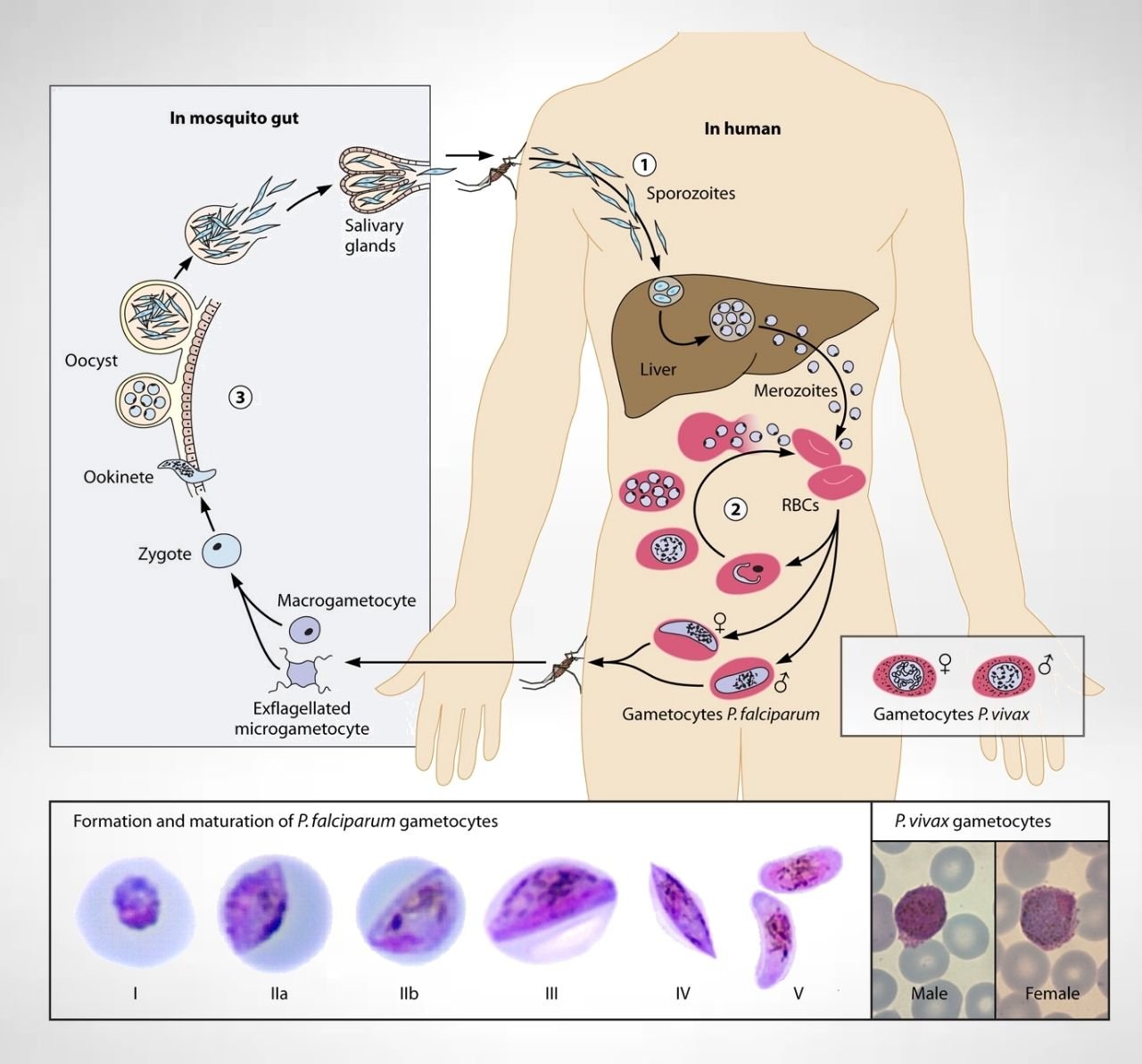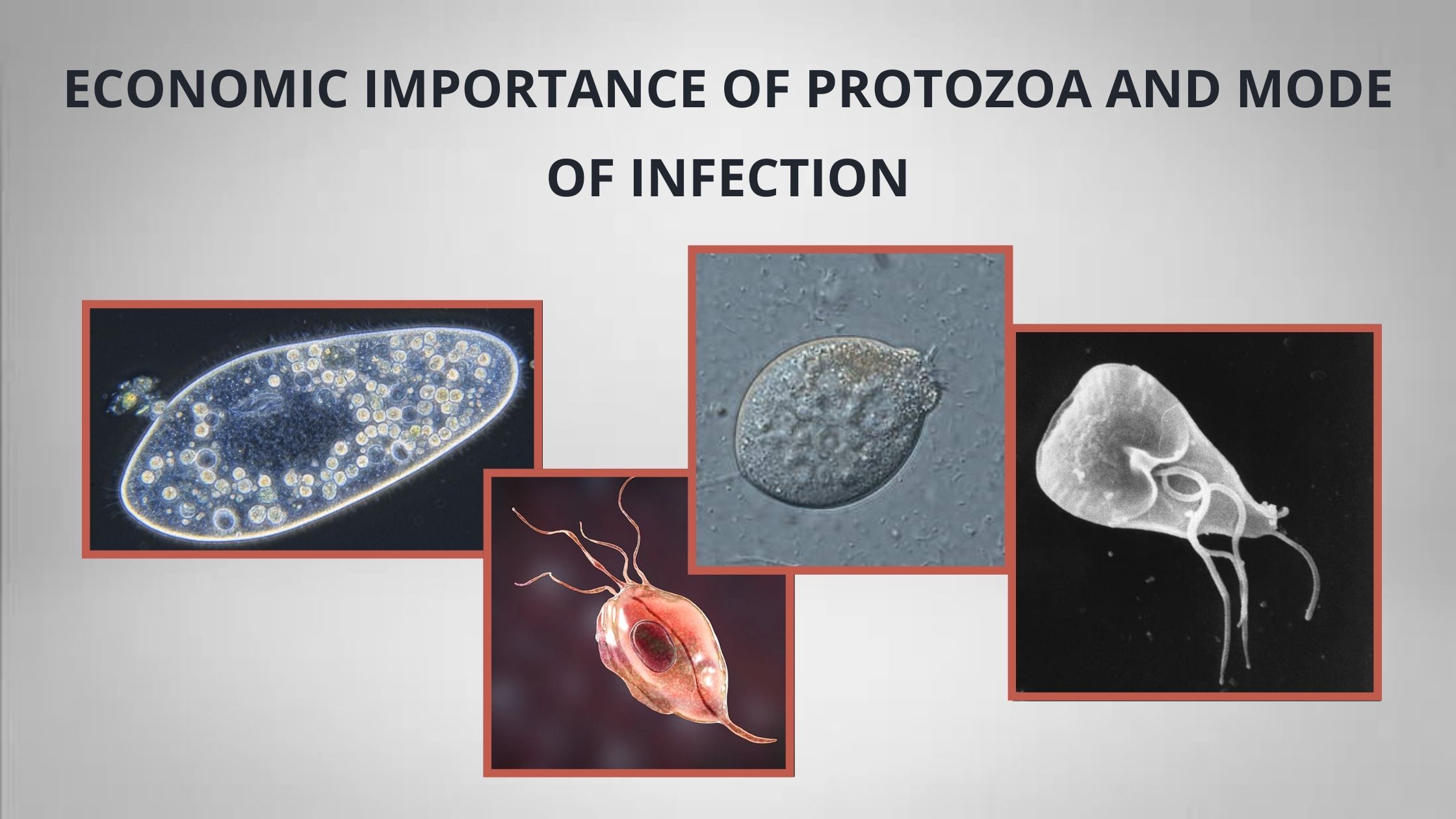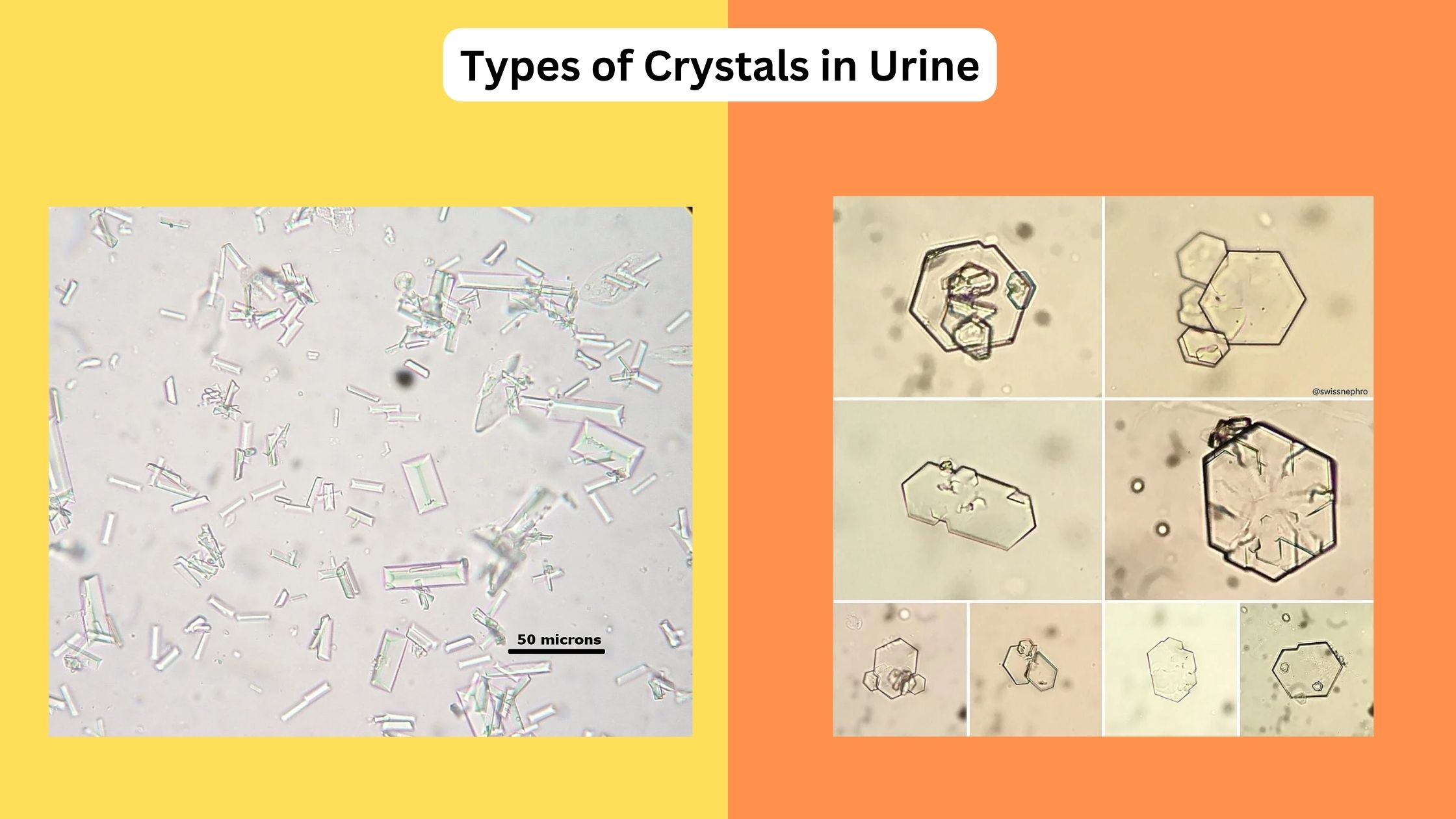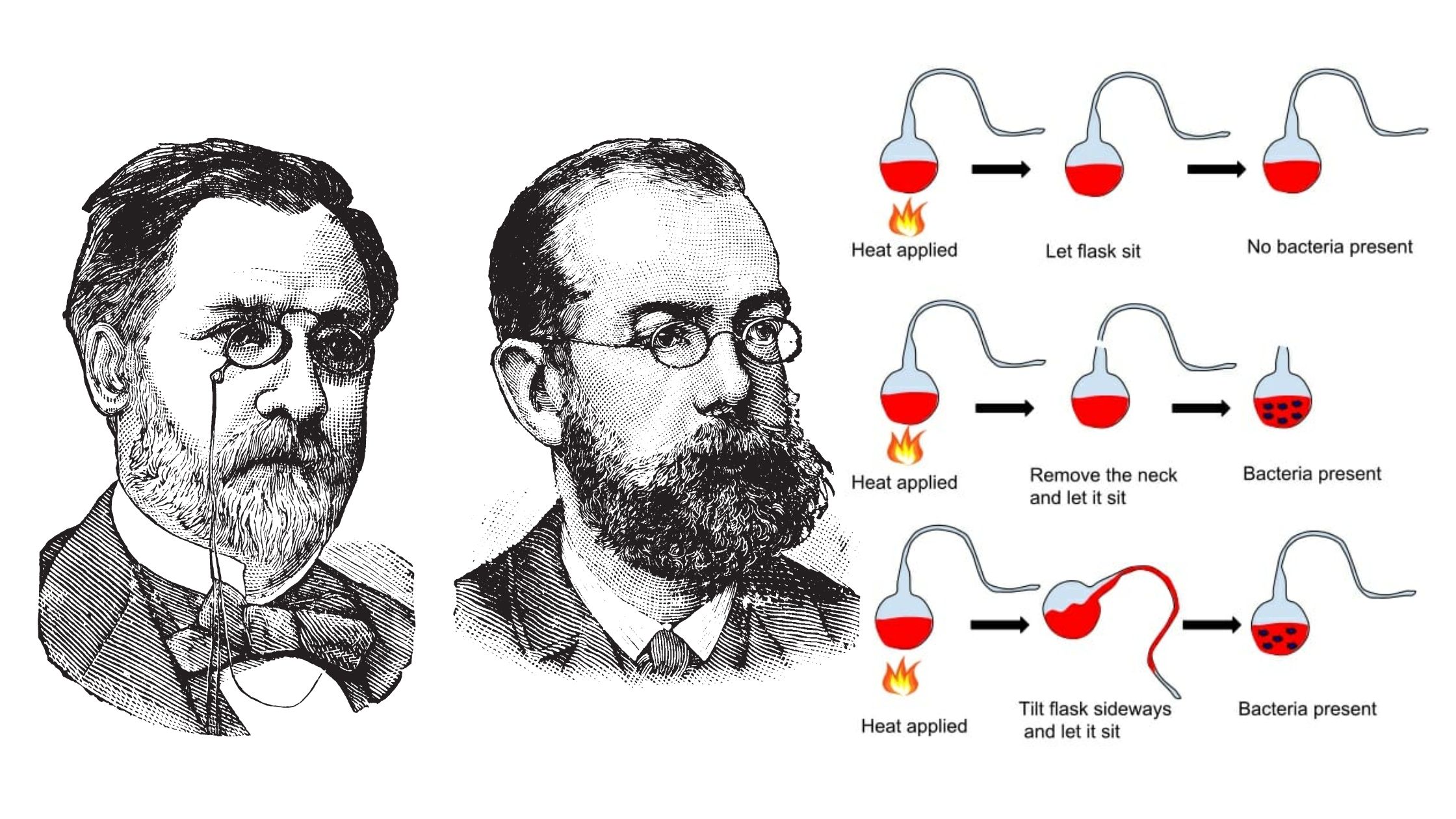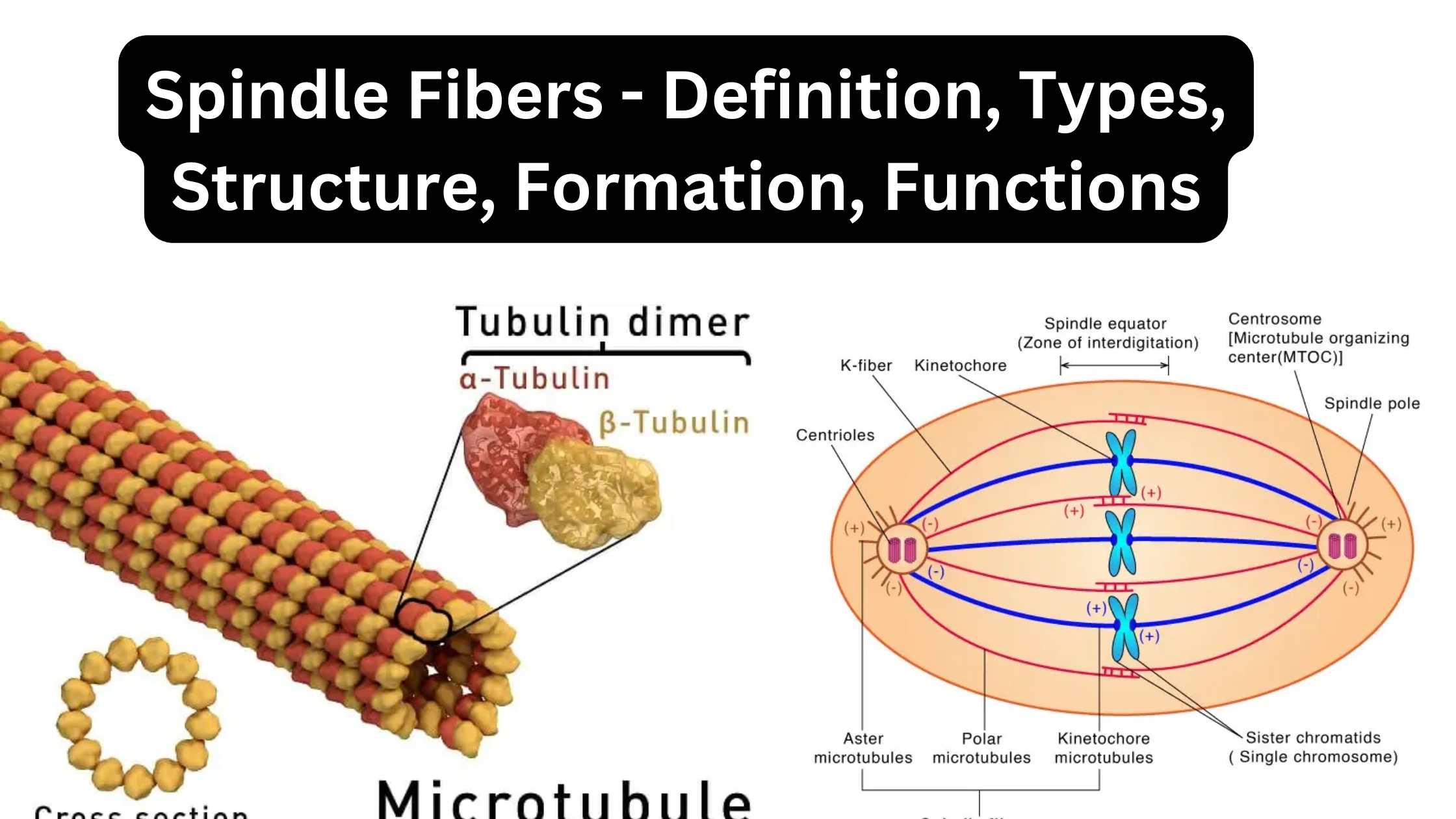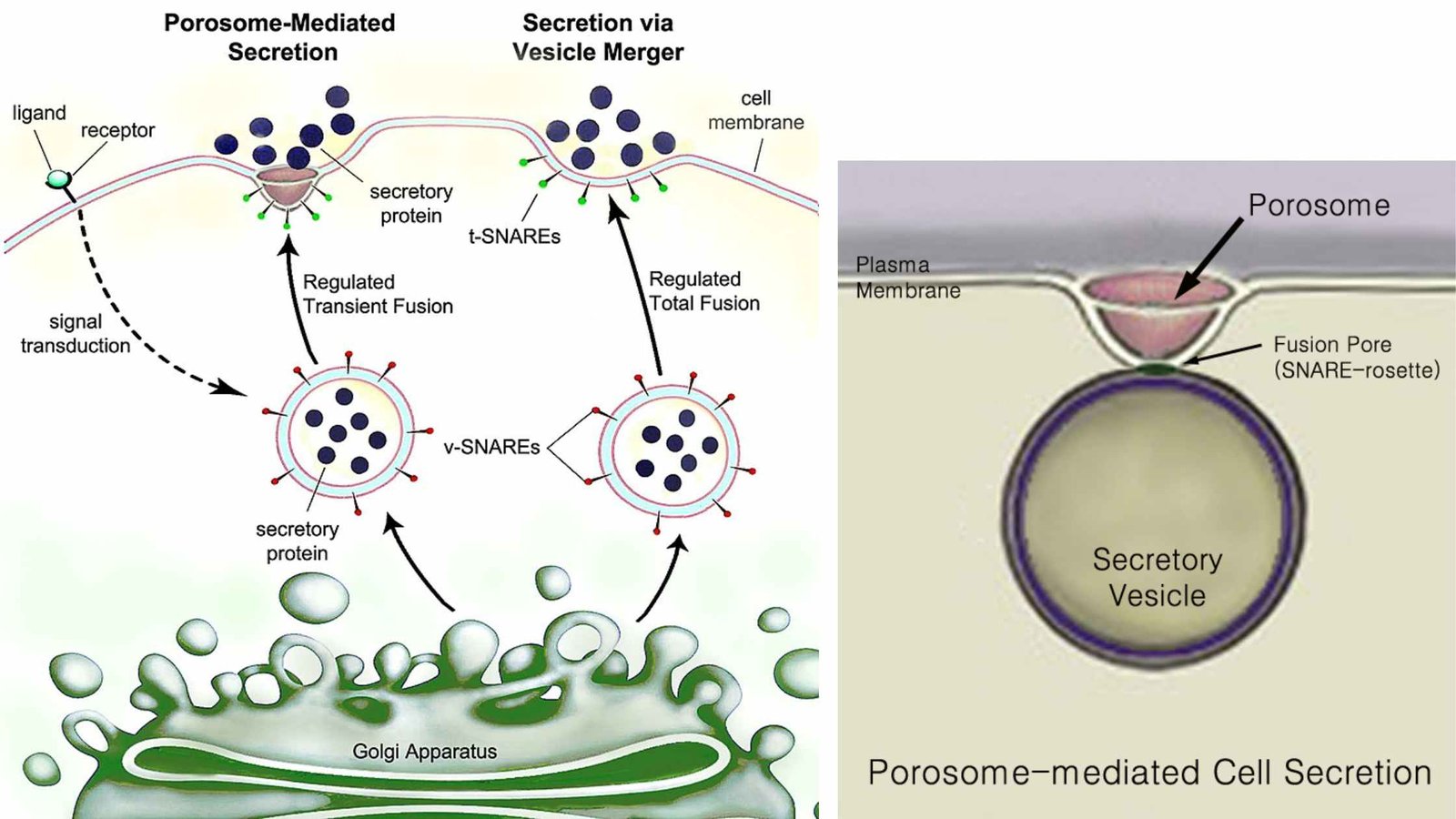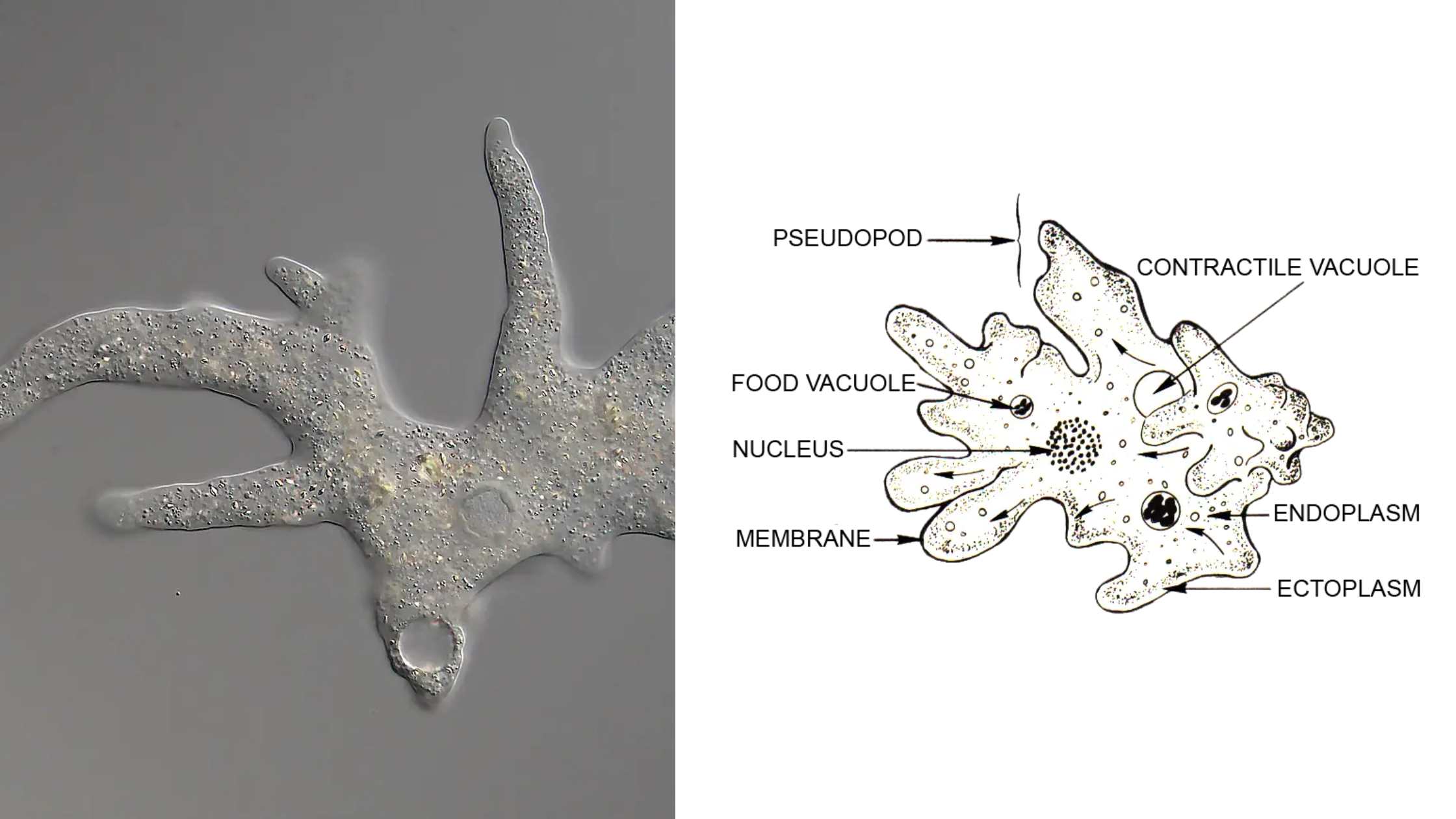Paramecium Cell Definition, Characteristics, Classification, Movement, Diagram.
What is Paramecium? Definition of Paramecium Paramecium is a microscopic, single-celled organism with hair-like structures called cilia, found in various aquatic environments, often studied for its role as a model organism in biological research. Paramecium Scientific classification Paramecium is divided into this following phylum and subphylum; Domain: Eukaryota Clade: SAR Infrakingdom: Alveolata Phylum: Ciliophora Class: … Read more
